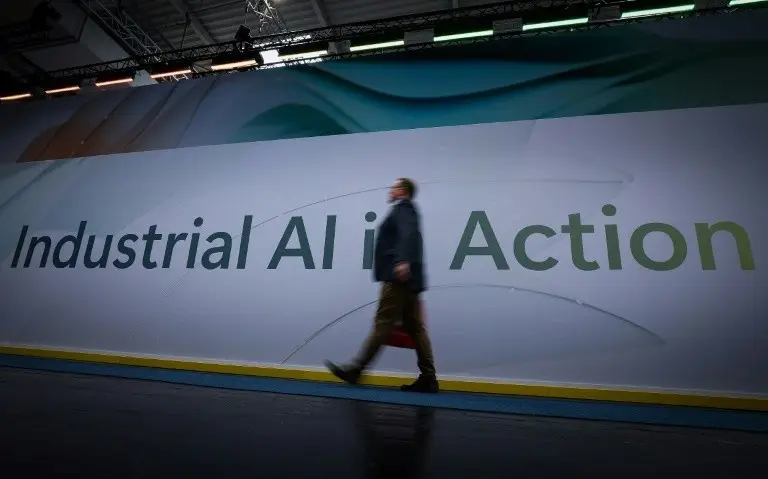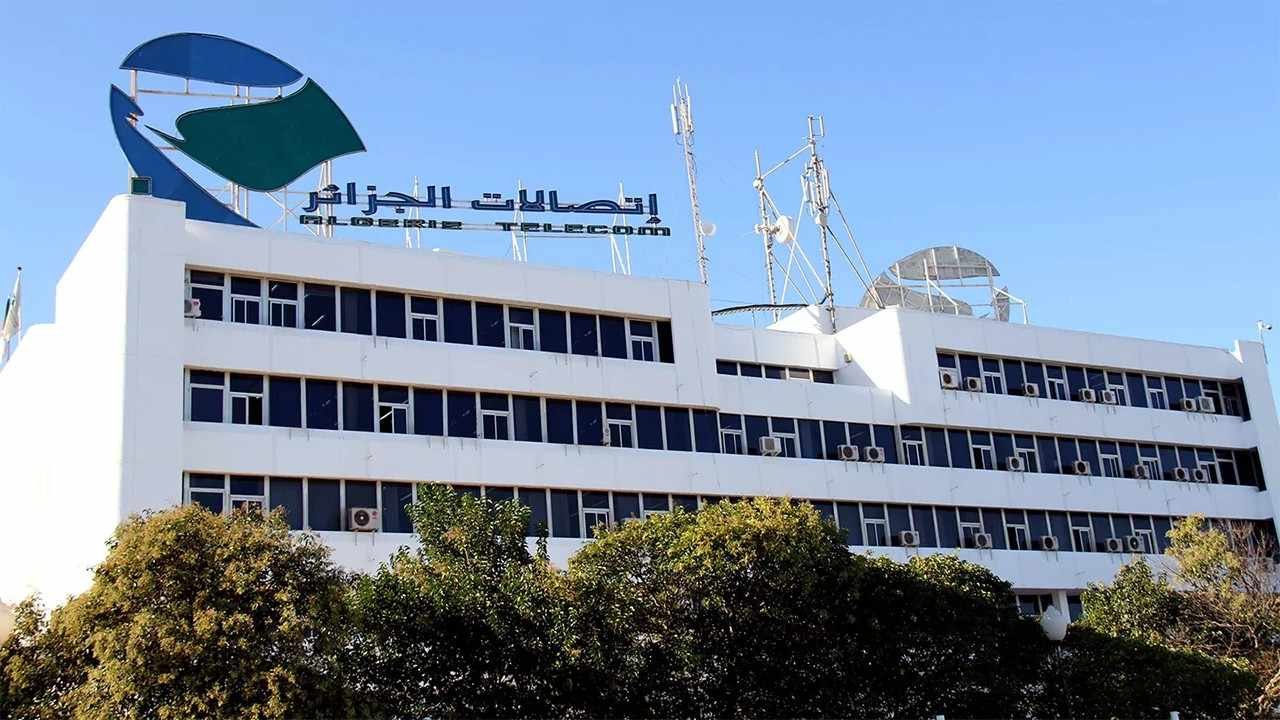The United Nations (UN) has projected the global artificial intelligence (AI) market will reach $4.8 trillion by 2033, roughly equivalent to Germany’s economy. While AI promises substantial economic growth, the UN Trade and Development Agency (UNCTAD) has cautioned that the technology could impact nearly 40% of jobs worldwide, with significant concerns about automation and job displacement.
In its latest report, UNCTAD emphasized that while AI offers productivity gains, it also risks deepening existing inequalities. Historically, technological disruptions have primarily affected blue-collar jobs, but AI poses a new challenge by targeting knowledge-intensive sectors, making these industries particularly vulnerable. The report noted that developed economies will likely bear the brunt of AI’s disruptive effects, although they are better positioned to capitalize on AI’s potential. In contrast, developing economies, with their lower labor costs, may struggle to harness the benefits of AI-driven automation.
“The benefits of AI-driven automation often favour capital over labour, which could widen inequality and reduce the competitive advantage of low-cost labor in developing economies,” the UN said.
UNCTAD’s Secretary-General, Rebeca Grynspan, stressed the importance of ensuring that people remain at the center of AI development. She called for stronger international cooperation to shift the focus from technology to people, and to create a global AI framework that prioritizes inclusive human development. “History has shown that while technological progress drives economic growth, it does not on its own ensure equitable income distribution or promote inclusive human development,” she added.
The report also highlighted the rapid expansion of frontier technologies, including AI, which represented a $2.5 trillion market in 2023. By 2033, AI is expected to be the leading technology, accounting for $4.8 trillion. However, the report cautioned that access to AI infrastructure and expertise remains highly concentrated, with just 100 firms, primarily in the US and China, currently controlling 40% of global corporate research and development spending.
UNCTAD emphasized the need for countries to act now by investing in digital infrastructure, building capabilities, and strengthening AI governance. While AI may replace some jobs, the agency noted it could also create new industries and empower workers. To ensure AI benefits society as a whole, investing in reskilling, upskilling, and workforce adaptation is crucial.
Additionally, UNCTAD stressed that 118 countries, mostly in the Global South, are absent from major AI governance discussions. As AI continues to shape the global economic future, it is essential that developing nations have a seat at the table to ensure that AI serves global progress, rather than just the interests of a few.















